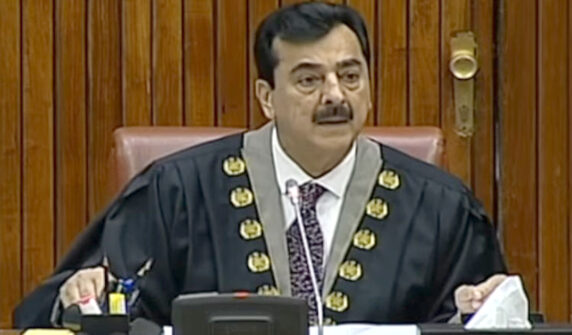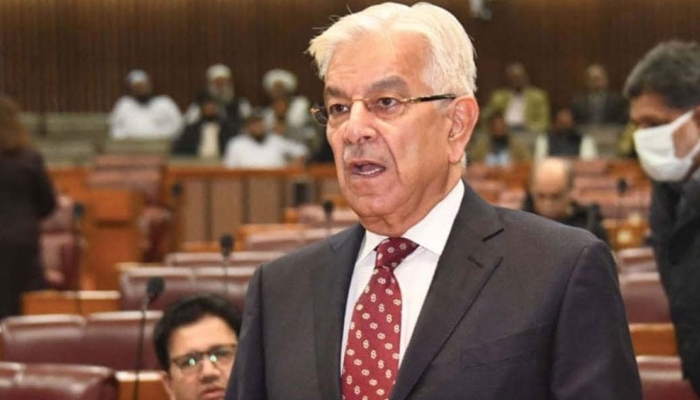POLITICS & POLICY MAKING

The Senate on Friday passed four significant bills linked to the newly approved and widely debated 27th Constitutional Amendment, including a crucial amendment to the Pakistan Army Act that formally restructures top military leadership and resets the tenure of Chief of the Defence Forces (CDF) Field Marshal Asim Munir.
The legislation was approved just a day after its urgent passage in the National Assembly, with the upper house following suit — again without debate and with minimal resistance from the opposition despite the far-reaching nature of the reforms.
Key Legislation Approved
The four bills passed include:
· Pakistan Army Amendment Bill 2025
· Pakistan Air Force Amendment Bill 2025
· Pakistan Navy Amendment Bill 2025
· Supreme Court Practice and Procedure Amendment Bill 2025
Deputy Prime Minister and Foreign Minister Ishaq Dar presented the Army and Air Force bills on behalf of Defence Minister Khawaja Asif, who later joined the session to introduce the Navy bill. The Supreme Court bill was tabled by Parliamentary Affairs Minister Tariq Fazal Chaudhry on behalf of Law Minister Azam Nazeer Tarar.
Dar told the Senate that the amendments were necessary to bring existing military and judicial laws in line with the 27th Constitutional Amendment, which was formally enacted on Thursday.
The Most Significant Change: Tenure Reset
Law Minister Azam Nazeer Tarar had clarified in the National Assembly that the amendment formally resets the five-year tenure of the chief of the defence forces—starting from the date of the official notification of appointment.
This effectively resets Field Marshal Asim Munir’s tenure following his elevation as CDF under the new constitutional framework.
Opposition Criticism, But No Resistance in Senate
The 27th Amendment, which establishes the Federal Constitutional Court (FCC) and replaces the post of Chairman Joint Chiefs of Staff Committee (CJCSC), has sparked widespread criticism from opposition parties, lawyers, and former and sitting judges.
Critics argue the changes risk undermining the Supreme Court and altering the constitutional balance of power.
However, despite their objections, opposition senators offered little resistance during today’s proceedings, allowing all four bills to pass swiftly.
What the Amendments Change
The Pakistan Army (Amendment) Bill introduces several major structural reforms:
· Replaces “chief of the army staff” with “chief of the defence forces”.
· Replaces CJCSC with “commander of the National Strategic Command”.
· Resets the CDF’s tenure from the date of the notification of appointment.
· Authorises the prime minister — on recommendation of the CDF — to appoint a commander of the National Strategic Command for three years, with possible reappointment or extensions of up to three years each.
· Bars courts from questioning appointments, reappointments, or extensions related to the National Strategic Command.
· Empowers the federal government to authorise vice or deputy chiefs of army staff to exercise powers on behalf of the CDF when required.
The Air Force and Navy laws were amended to eliminate references to the abolished CJCSC role.
Supreme Court Amendment
The amendments to the Supreme Court Practice and Procedure law eliminate the Constitutional Bench created under the 26th Amendment, further reshaping the judicial structure following the establishment of the Federal Constitutional Court.
With these bills passed, the federal government has completed a major legislative step toward operationalising the sweeping military and judicial reforms introduced through the 27th Constitutional Amendment.




